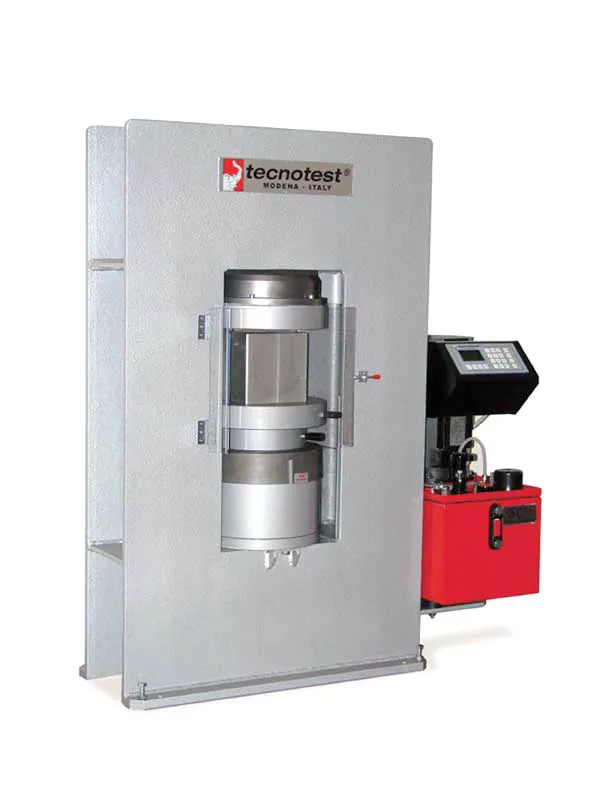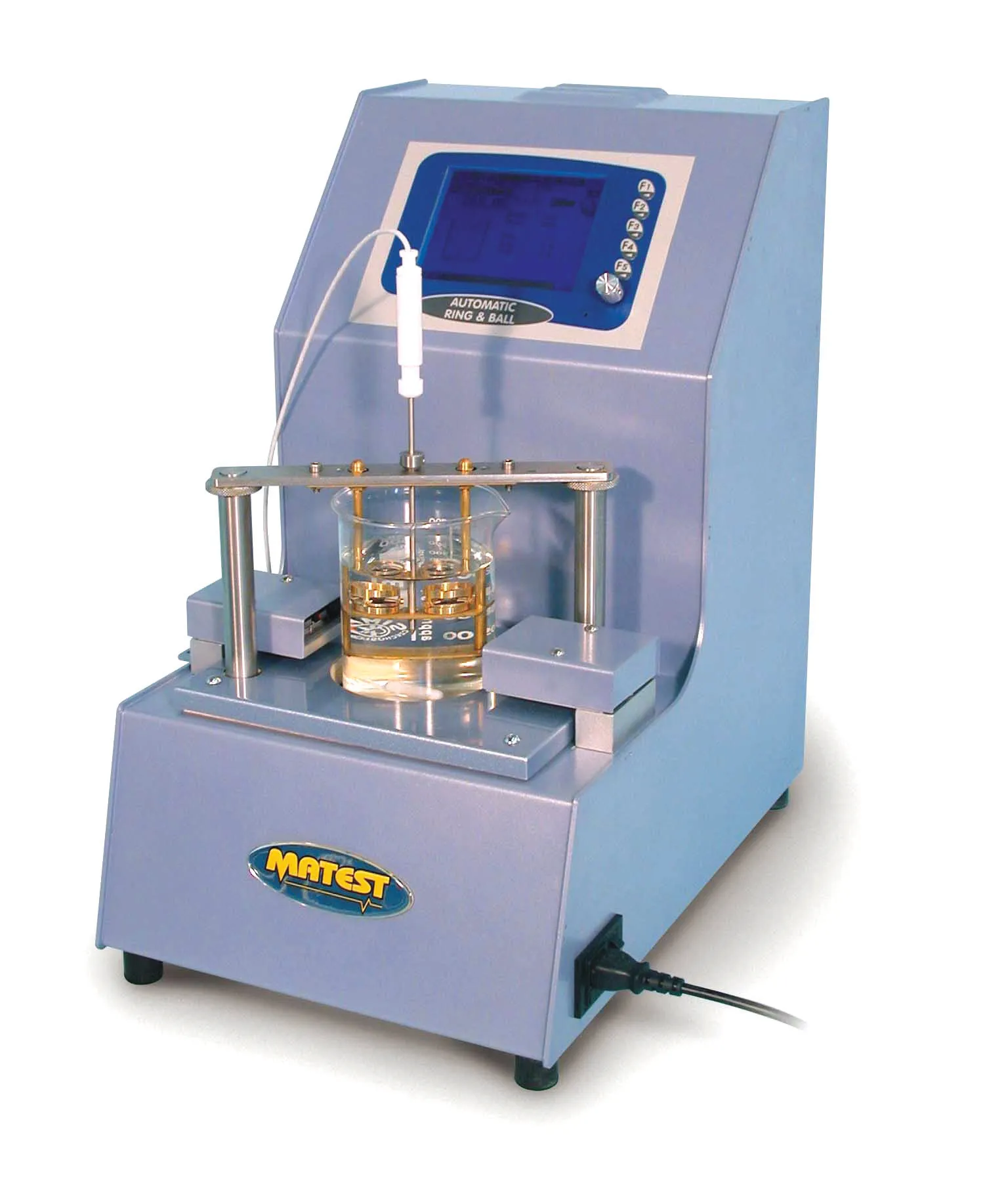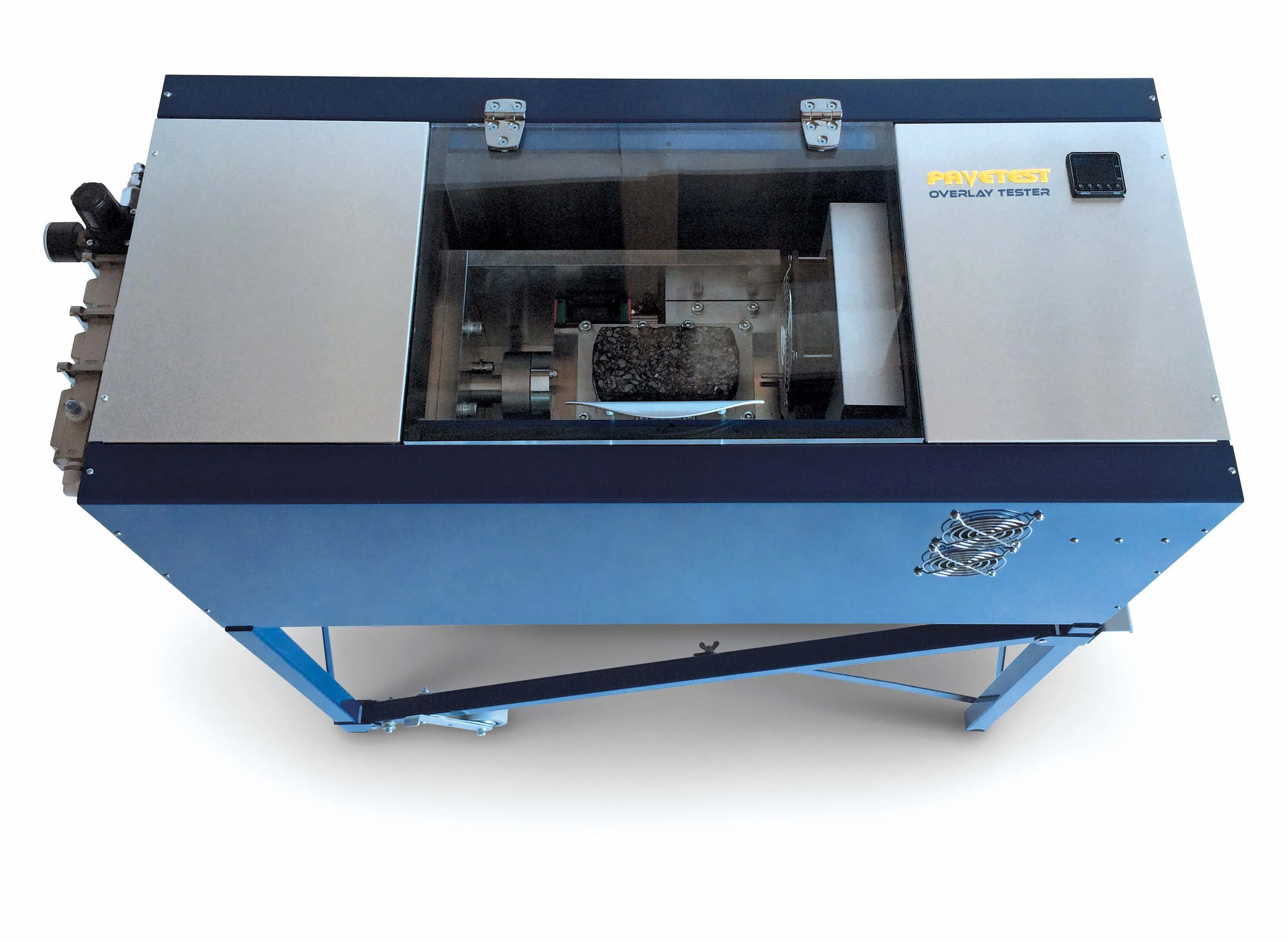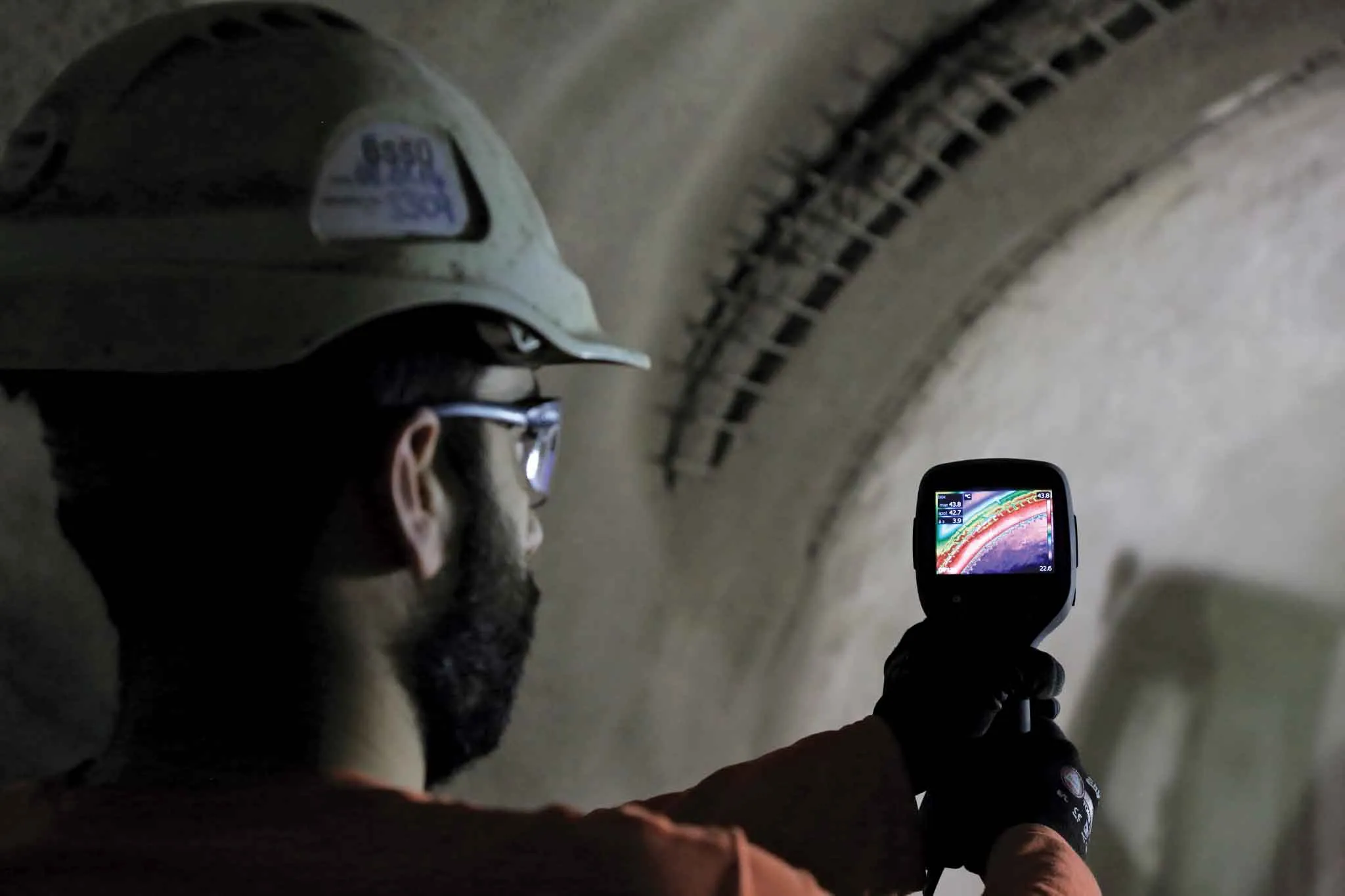In 2007, Tecnotest introduced its new technology, Silent & Cold Power which applied to its new line of high end compression machines for concrete testing, and this has recently been applied to the company's machines for testing cement. It is now being offered in a new line of models: the new KP 200/A (for tests on cubic specimens 15cm/side) and KP 200/L (for testing cylinders diameter 15cm x 30cm high and 16 x 32cm high, as well as 15cm/side cubes).
July 9, 2012
Read time: 3 mins

In 2007, 1417 Tecnotest introduced its new technology, Silent & Cold Power which applied to its new line of high end compression machines for concrete testing, and this has recently been applied to the company's machines for testing cement.
It is now being offered in a new line of models: the new KP 200/A (for tests on cubic specimens 15cm/side) and KP 200/L (for testing cylinders diameter 15cm x 30cm high and 16 x 32cm high, as well as 15cm/side cubes).
Tecnotest says it is its ambition to make available a new range of automatic compression machines for concrete testing at the cost of the analog, hand-operated model while maintaining the structural stability and quality components.
"Automatic operation is not only an advantage in terms of user friendliness but also ensures that the test is performed in compliance with standards even when carried out by less experienced users," says Tecnotest.
Concrete strength measurement is influenced by a series of unpredictable factors, some of which depend on how the specimen was prepared and cured, others on the testing method or by the type of testing machine used.
"Some concrete producers feel it is preferable to ascertain the real performance of the material rather than obtain an uncertain but precautionary value so as to establish after due consideration the correct margin of error to exclude any problems or disputes," says Tecnotest.
As for the rate at which the machine increases the load, standards foresee quite a wide divergence (from 0.2 to 1.0 N/mm2/s) but prescribe that during the test there should not be a divergence of more than 10% from the chosen value. This means that no accelerations or decelerations of any significance are allowed, let alone any jumps which would only end up causing fatigue to the material.
"As far as the structure is concerned, it is indispensable for it to meet requirements for rigidity as any failure in this respect will offset forces in such a way that the specimen will be loaded sideways, thereby bringing on failure prematurely."
According to Tecnotest, machines built with slender uprights systematically present this kind of defect, while ball seatings which are not permanently lubricated by an oil bath bring about asymmetrical failures and lower strength measurements compared to true measurements.
"Tecnotest's new range of automatic machines maintains the features which characterise a well designed concrete testing machine: a rugged structure, ball seating in oil bath, and height/diameter ratio of the stem greater than one. Silent & Cold Power technology has been added, eliminating anything no longer needed by users for performing routine tests, thus achieving appreciable results in terms of costs," says Tecnotest.
It is now being offered in a new line of models: the new KP 200/A (for tests on cubic specimens 15cm/side) and KP 200/L (for testing cylinders diameter 15cm x 30cm high and 16 x 32cm high, as well as 15cm/side cubes).
Tecnotest says it is its ambition to make available a new range of automatic compression machines for concrete testing at the cost of the analog, hand-operated model while maintaining the structural stability and quality components.
"Automatic operation is not only an advantage in terms of user friendliness but also ensures that the test is performed in compliance with standards even when carried out by less experienced users," says Tecnotest.
Concrete strength measurement is influenced by a series of unpredictable factors, some of which depend on how the specimen was prepared and cured, others on the testing method or by the type of testing machine used.
"Some concrete producers feel it is preferable to ascertain the real performance of the material rather than obtain an uncertain but precautionary value so as to establish after due consideration the correct margin of error to exclude any problems or disputes," says Tecnotest.
As for the rate at which the machine increases the load, standards foresee quite a wide divergence (from 0.2 to 1.0 N/mm2/s) but prescribe that during the test there should not be a divergence of more than 10% from the chosen value. This means that no accelerations or decelerations of any significance are allowed, let alone any jumps which would only end up causing fatigue to the material.
"As far as the structure is concerned, it is indispensable for it to meet requirements for rigidity as any failure in this respect will offset forces in such a way that the specimen will be loaded sideways, thereby bringing on failure prematurely."
According to Tecnotest, machines built with slender uprights systematically present this kind of defect, while ball seatings which are not permanently lubricated by an oil bath bring about asymmetrical failures and lower strength measurements compared to true measurements.
"Tecnotest's new range of automatic machines maintains the features which characterise a well designed concrete testing machine: a rugged structure, ball seating in oil bath, and height/diameter ratio of the stem greater than one. Silent & Cold Power technology has been added, eliminating anything no longer needed by users for performing routine tests, thus achieving appreciable results in terms of costs," says Tecnotest.









